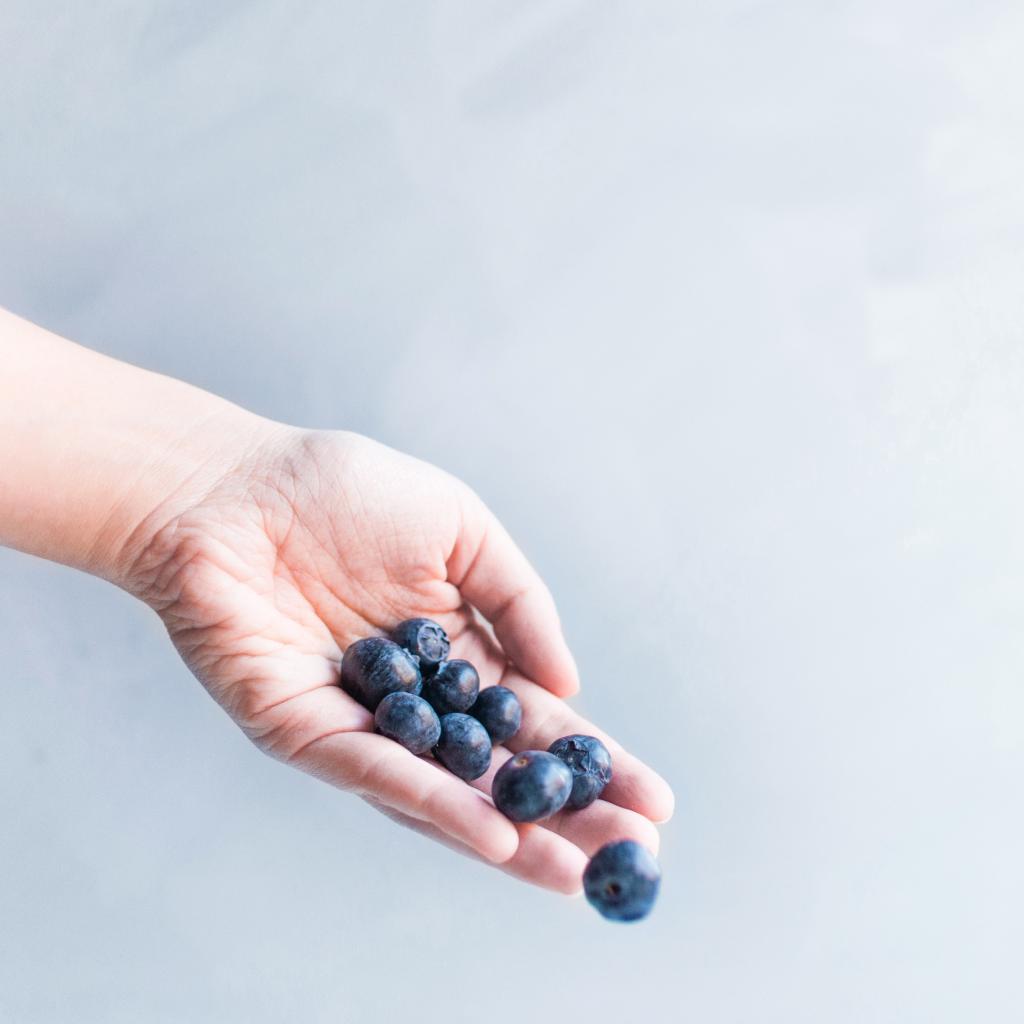
Endometriosis and Polycystic Ovarian Syndrome (PCOS) are both conditions which can cause pain and uncomfortable symptoms that can interrupt your everyday life. There isn’t a cure for either, but they can be managed in a few different ways.
One common way to manage endometriosis and PCOS symptoms is by maintaining a healthy balanced diet. Many women recognise that the food they eat can influence their symptoms (especially the well-known bloated endo belly). Maintaining an anti-inflammatory diet high in good fats, fruits and vegetables and wholegrains may help to manage symptoms of endometriosis and PCOS. For some women, exploring more specialised diets such as the low FODMAP diet with the help of an accredited practicing dietitian can result in further symptom management.
However, before we delve into how you can manage endometriosis and PCOS with diet, let’s take a look at the basics.
If you have endometriosis, the tissue similar to that which normally lines the uterus grows in other parts of the body, usually in the pelvic cavity. During a period, the tissue outside the uterus also bleeds. This bleeding causes inflammation, scar tissue, cysts and adhesions. Over time the scar tissue increases and can immobilise or fuse organs and possibly cause damage to the fallopian tubes.
Symptoms of endometriosis may include:
Some women with endometriosis experience “endo belly”, a term to describe the extremely uncomfortable and sometimes painful swelling and bloating.
Poly Cystic Ovarian Syndrome (PCOS) is both a hormonal and metabolic condition. PCOS translates to ‘many cysts’. These cysts are partially formed follicles on the ovaries which contain eggs. Often women with PCOS demonstrate irregularities in metabolism and produce high levels of male hormones and can have enlarged ovaries.
Symptoms of PCOS may include:
While it’s not always easy to follow a strict diet, it is possible to make changes to your diet to help you manage your endometriosis or PCOS. Eating the right fats, plenty of fibre and antioxidants may help manage your symptoms.
FATS
If you haven’t heard of Omega-3 fats, it’s time to get acquainted! Omega-3 fats have anti-inflammatory properties, great for inflammation that comes with endometriosis.
Omega-3 fats can be found in oily fish, chia seeds, flax seeds, walnuts and soybeans. Other food which contains smaller quantities of omega-3 fats include eggs, meats, dairy products, hemp seeds and vegetables like spinach and brussel sprouts.
FIBRE
Dietary fibre doesn’t only aid in maintaining a healthy digestive system, it also helps flush excess oestrogen from the body. It binds to the oestrogens and inhibits their reabsorption. Try to eat low GI fruits and vegetables and wholegrains to up your dietary fibre intake.
ANTIOXIDANTS

What are antioxidants and what do they do? Antioxidants work to help protect us from the free radicals. Foods which are rich in antioxidants may reduce inflammation.
Some antioxidant-rich foods include blueberries, strawberries, goji berries, raspberries, kale, artichoke, grapes, garlic, onions, dark chocolate, pecans, red cabbage, beans, beetroot and spinach.
There are foods which we would recommend to avoid if you have PCOS or endometriosis. They include excessive red meat consumption, processed foods, trans fats, High GI foods, and refined sugar.
Managing your diet when you have endometriosis or PCOS is one way to care for your condition naturally. A healthy, balanced diet may help reduce the severity of symptoms and help you stay fit and healthy. Unnecessary dietary restrictions can lead to nutrient deficiencies long term.
Need extra help? A dietitian can help you manage your diet and ensure you’re eating the right food for your condition. At Grace Private, Sharnie Dwyer can assist you with eating right for endometriosis and PCOS, giving you valuable advice and guidance.
At Grace Private we also have a team of qualified specialists which includes gynaecologists, and psychologists, who can help you throughout your endo journey. Each member of our team can help you by sharing advice and recommending the best treatment to manage your symptoms. Just remember to ‘ask for Grace’ when you next visit your GP.

